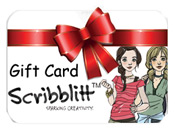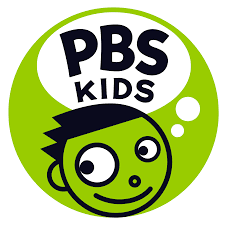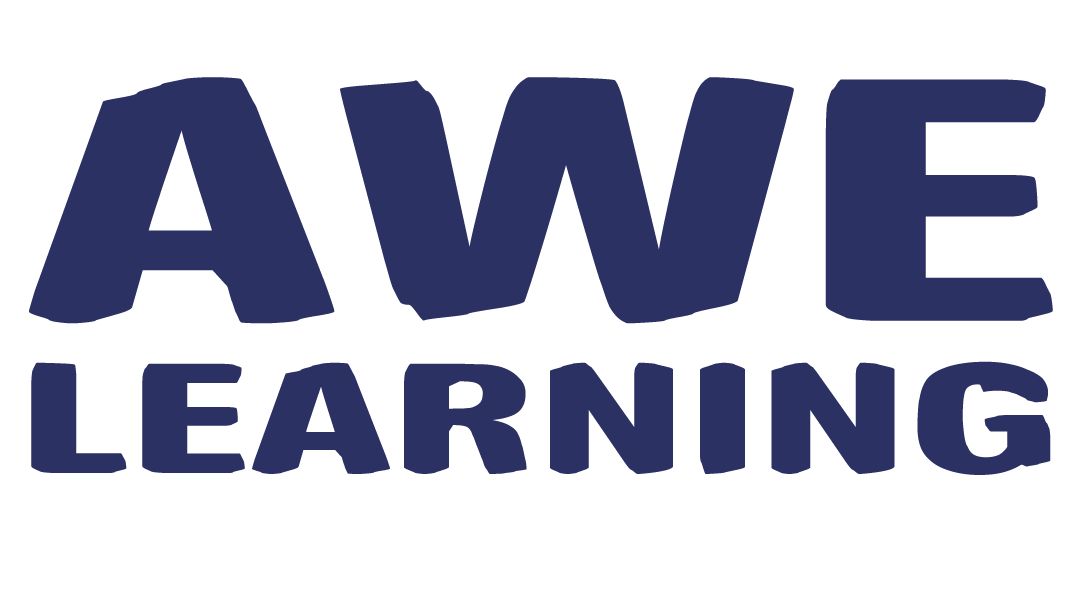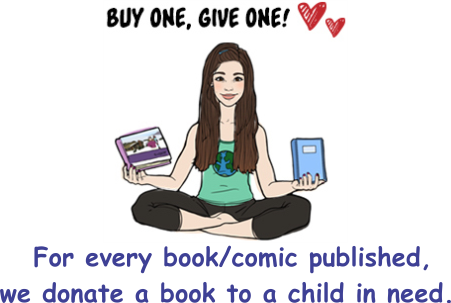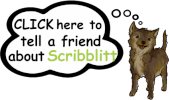
Gordon Korman is the author of more than seventy novels for kids and young adults, most recently TITANIC, FRAMED, SWINDLE, POP, and two books in the multi-author series THE 39 CLUES. His writing career began at the age of twelve when his seventh grade English assignment became his first published novel! Now, more than three decades later, he is a full-time writer and speaker, with over seventeen million copies of his novels in print in twenty-three languages. Each year he travels extensively, visiting schools and libraries, bringing his trademark humor and adventure styles to readers everywhere.

FRAMED is the companion novel to SWINDLE and ZOOBREAK, and this time Griffin and the team are embroiled in a classic "wrong man" caper. A valuable Super Bowl ring has been stolen, and Griffin's retainer is found at the scene of the crime. Things are looking grim for The Man With The Plan - unless he and his friends, both human and canine, can solve the mystery and catch the real thief.
How and at what age did you begin writing? (short stories, writing contests,…)
I wrote my first book for a seventh grade English assignment when I was twelve. Prior to that, I hadn’t done much writing. I always got better grades in math and science.
Why do you like writing/being an author?
I love the idea of creating an entire living, breathing world from absolutely nothing. And, of course, it’s a real kick when that new world makes its way to hundreds of thousands, maybe even millions of people.
What did you study at school to help you become a writer?
I was a film major at NYU, but I graduated in their dramatic writing department.
Where do you get the ideas for your books?
It’s a combination of experience, observation, research, and what-if thinking.
What are crucial elements of a good story?
In my opinion, there are no hard and fast criteria for a good story except that it should be a page-turner. If you are continually dying to find out what happens next, the author has done his job.
What is the process you follow for writing a book? Do you use a plan?
Usually, the proposal I use to sell the book becomes the first draft of my outline. Then, as I develop the idea, I add to it.
Do you develop the characters, the title or the storyline first?
That depends on the book. A novel like POP or SCHOOLED is very character- driven, so the characters come first, and the story unfolds through their personalities. Others, like SWINDLE or my adventure series, are more plot-driven. In those books, the story is king, and the characters are crafted to “execute” the plot.
How do you develop your characters?
I actually think they develop themselves.
What advice do you have on maintaining the momentum while writing the middle of a book?
I’m constantly asking myself if everything I write is necessary to the story. Sometimes, when I bog down in the middle of the story, there’s a tendency to become discouraged. So I write a lot of useless stuff just to prove to myself that I’m working. This is where the greatest danger exists for overwriting and slowing down the story.
How important is editing?
Sometimes it’s just as important as the first draft. Some of my best books were complete disasters before they went through revision.
What process do you go through to edit your work?
First I self-edit, which includes pruning to make sure the story is lean and fast-paced. Then it’s my editor’s turn. You never know how much work an editor is going to ask for. With POP, for example, the revision took almost as long as the first draft. SWINDLE and ZOOBREAK, though, were much quicker jobs. And with a multi-author project like THE 39 CLUES, there are other things to consider in revision, like making sure your story fits novels that others in the series.
Do you know the ending of your story before you start?
Yes, although I’m not always sure exactly how it’s going to happen.
How do you find an illustrator to team up with?
I leave that to my editors. I’ve been really lucky in that department. My SWINDLE illustrator has been brought in to redesign some of my older books, like THE TOILET PAPER TIGERS and RADIO FIFTH GRADE.
How did you get your first book published?
I was the class monitor for Scholastic book orders, so I sent my manuscript to the address on the order forms (true story).
What is your next novel going to be about?
FRAMED is the third novel in the SWINDLE/ZOOBREAK series. I’m also working on an adventure trilogy about kids in 1912 on the maiden voyage of the Titanic.
What advice do you have for aspiring young writers?
The best way to become a writer is to write. A lot. And read a lot too. Those two activities help you develop fluency with language. Your writing will go down more smoothly, and I guarantee it will read more smoothly as well. Pick a topic you like. Your teachers might assign stuff that bores you, but this is your project. Write about something that interests you. If you can’t entertain yourself, you won’t have a prayer of entertaining total strangers. Finally, don’t be too lazy to plan out your story. If you think that, you’ve got it backwards. You should plan out your story because you’re lazy. You’ll save a lot of effort and aggravation in the end. You don’t have to stifle creativity; changes are, of course, permitted. But you must know where you’re headed.


